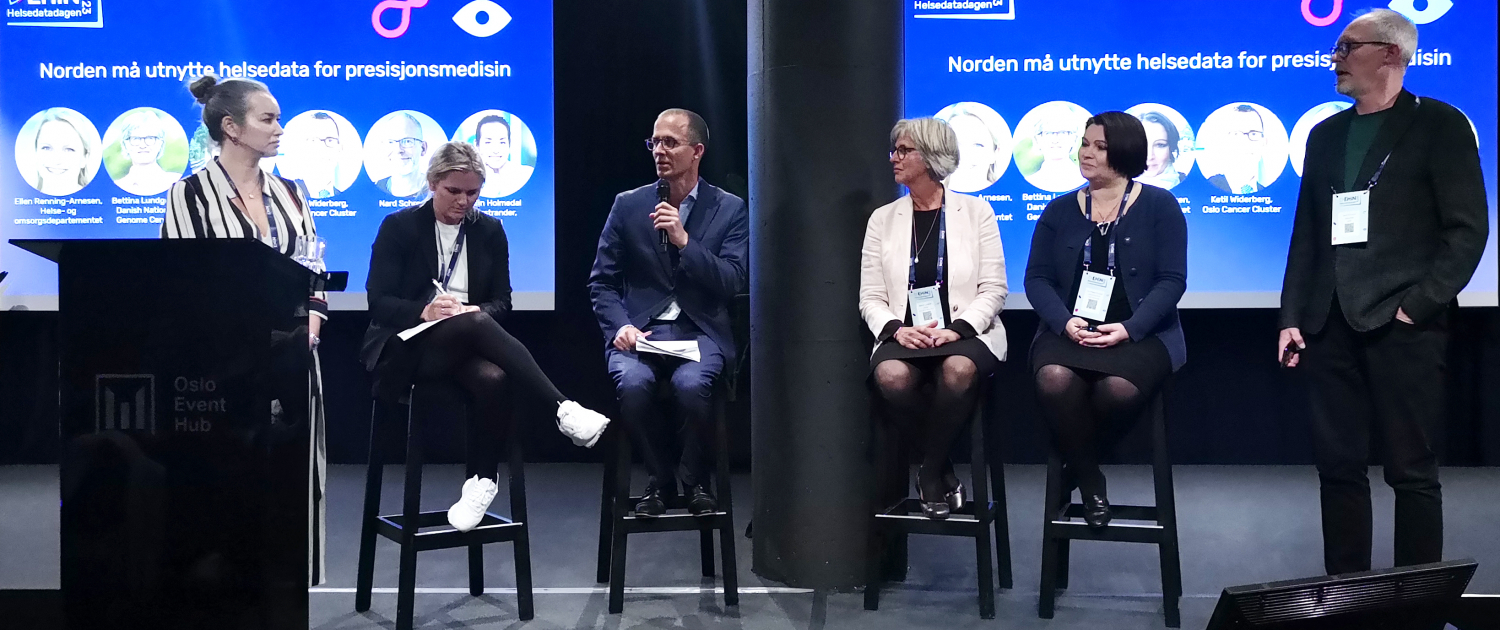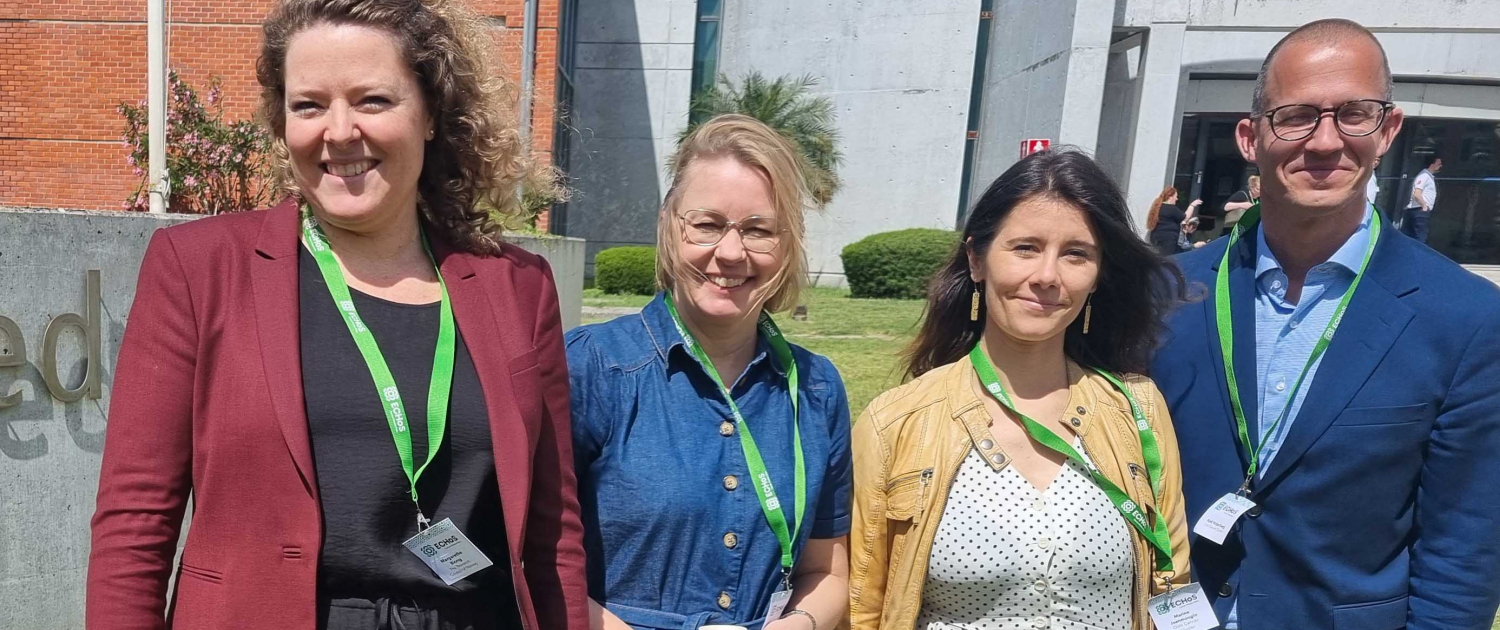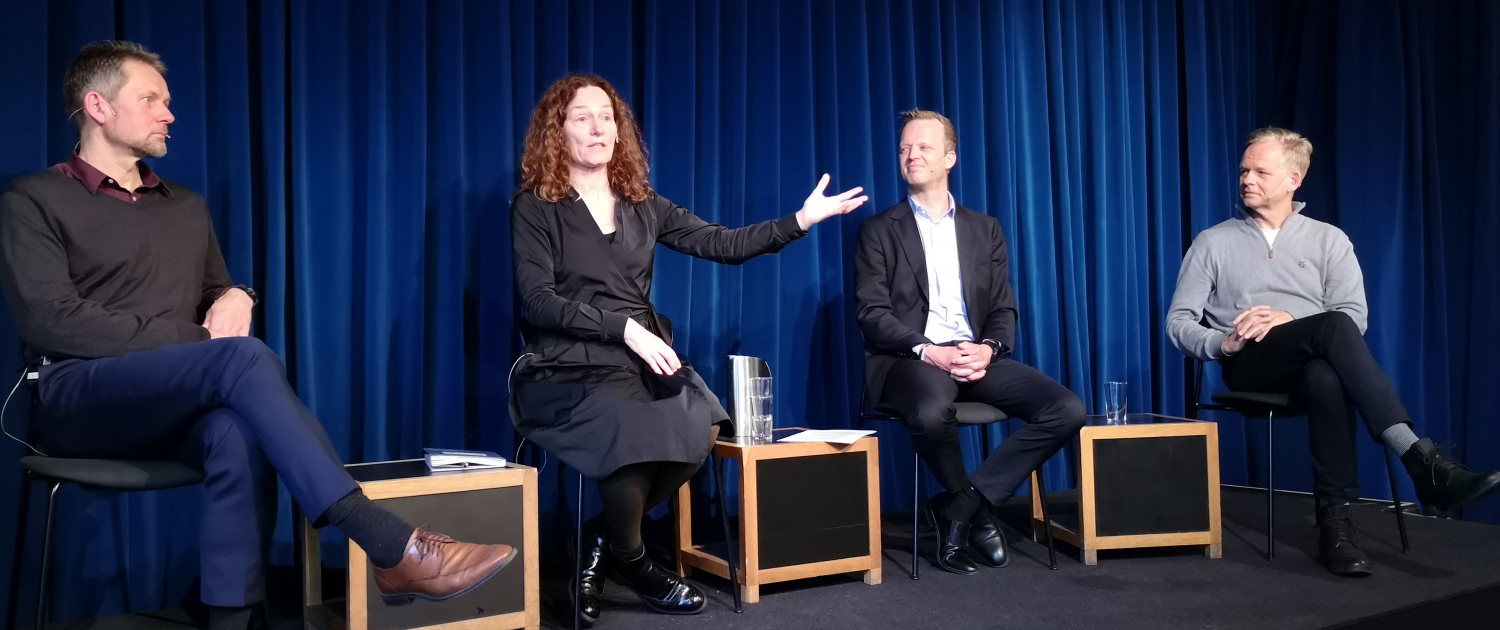Guidance on polygenic risk scores

The Estonian provider of PRS tests Antegenes supports the recent guidance from the American College of Medical Genetics and Genomics.
Polygenic risk scores (PRS) have recently been the subject of statements by the American College of Medical Genetics and Genomics (ACMG). These scores are used in the clinical assessment of an individual’s genetic risk for certain diseases. In simple terms, PRS tests provide a statistical prediction of an individual’s increased clinical risk for a specific condition, such as cancer.
Antegenes, an Estonian provider of PRS tests, welcomes ACMG’s initiative and considers it a crucial step towards establishing best practices and guidelines for the widespread use of PRS technology.
Dr Peeter Padrik, CEO of Antegenes, explains: “The considerations by ACMG align with our guiding principles at Antegenes for the development and use of our polygenic risk score tests. Our clinical grade genetic tests are in use in several European countries, and we have already applied these principles in their development and in providing cancer prevention services.”
Understanding polygenic risk scores
ACMG’s statements emphasize several important points related to PRS testing. First, it is crucial to understand that PRS test results do not provide a definitive diagnosis of a disease, such as cancer. Instead, they offer a statistical prediction of an increased clinical risk. Antegenes ensures clarity on this matter by providing explicit information in their test materials.
Furthermore, a low PRS does not exclude the possibility of significant risk for the disease in question. PRS represents only one aspect of an individual’s hereditary risk, and there are other factors that can influence the development of tumors. Antegenes emphasizes the importance of considering PRS results within the context of other relevant clinical data.
Considerations for effective implementation
Another factor to consider is that PRS predictions may vary based on the population used as reference. Ethnic background plays a role in this variation. Antegenes addresses this by analyzing PRS performance using data from different ethnic groups and making necessary adjustments to the test results. They always include information about an individual’s ethnic group in their genetic testing process.
ACMG also highlights the importance of complementing PRS testing with monogenic testing in certain clinical scenarios where the underlying genetic cause is known or suspected. Antegenes fully supports this approach and recommends considering both PRS testing and monogenic pathogenic variant testing, aligning with established clinical guidelines.
Promoting evidence-based medical management
Antegenes agrees with ACMG’s stance that patients and healthcare providers should have informed discussions about the indications for PRS testing and how the results will be used in guiding medical management. They emphasize the importance of evidence-based PRS-based medical management and have developed clinical recommendations based on PRS risk levels and existing professional guidelines.
In summary, Antegenes fully supports ACMG’s statements and has taken into account the described limitations of PRS testing. They have implemented solutions, provided relevant information, and developed clinical recommendations based on available evidence for the prevention and screening of specific tumor types.
About
Antegenes is a member of Oslo Cancer Cluster. The Antenor implementational research project, focused on preventing breast cancer based on genetic risks, is currently underway in collaboration with Norwegian scientific and clinical partners and is scheduled to conclude by the end of 2023. The project partners are Oslo University Hospital, the University of Oslo, Vestre Viken Hospital Trust, Oslo Cancer Cluster and Antegenes.
The post Guidance on polygenic risk scores first appeared on Oslo Cancer Cluster.






